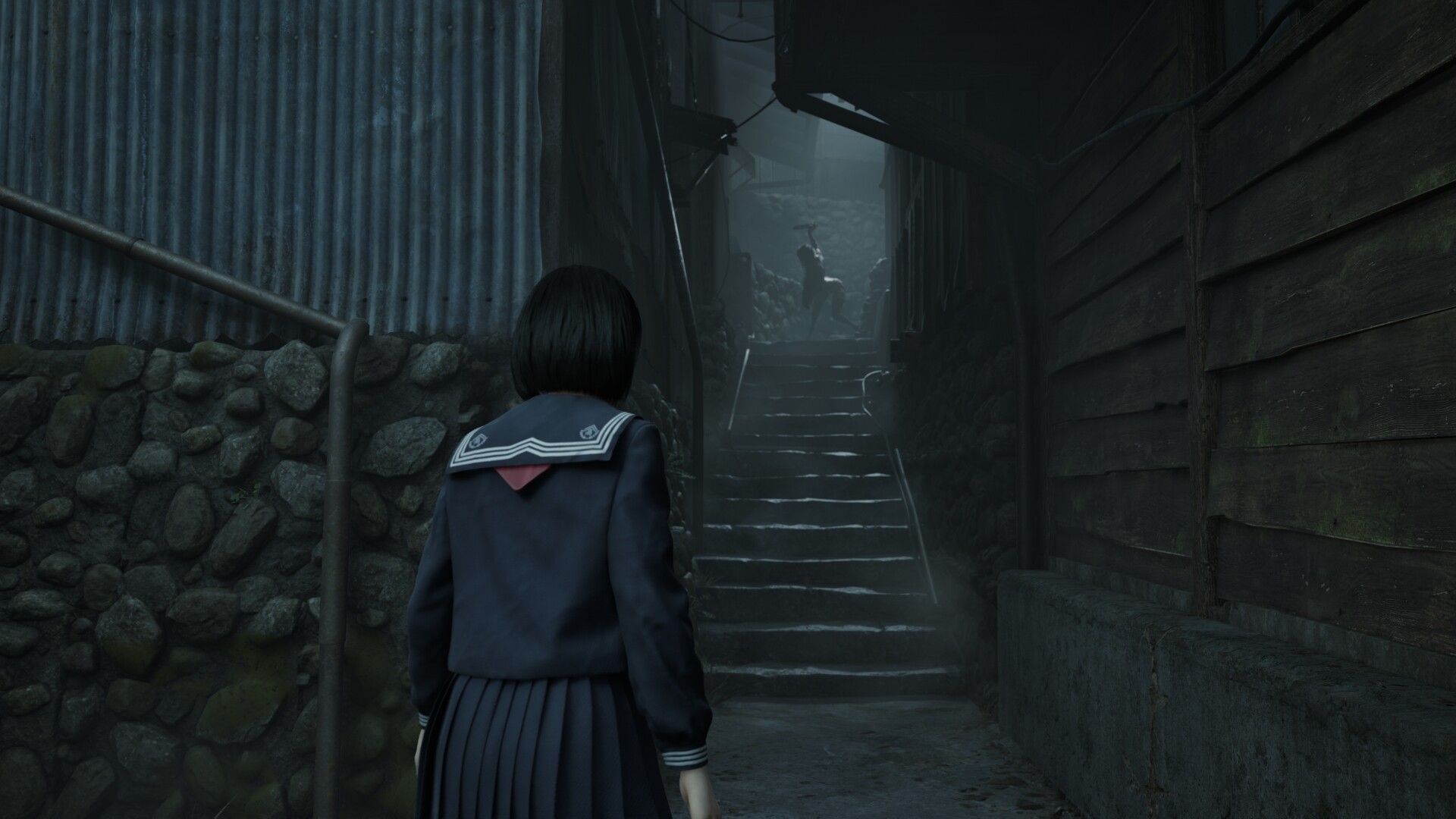Analysts warn that a growing number of companies are now closing down not because of sudden shocks, but due to what some describe as “giving up” bankruptcies—situations where owners simply see no viable path forward.
At a bustling pizza restaurant filled with after-work customers, one diner remarked, “This is about the cheapest place around.” Yet, behind the counter, the struggle to keep prices low is becoming increasingly difficult.
“Ideally, we’d like to set prices a little higher,” said Anju Kobayashi, manager of the Napoli’s Akasaka-Hitotsugi Street branch. Ingredients such as pizza dough, ham, and cheese have all risen in price. Dough alone costs 20 yen more per piece than it did last year. A new notice from suppliers indicates that starting from November, the price of dough will jump by 225 yen and cheese by more than 250 yen.
To maintain current pricing, the store plans to reduce the number of part-time workers from three to two.
From April to September, Teikoku Databank recorded 488 bankruptcies attributed to inflationary pressures—the highest number since comparable data began. Retailers, including restaurants, accounted for more than 20 percent of all cases.
The price surge has also hit small dry-cleaning businesses particularly hard. At a family-run laundry factory, owner Fumiaki Kobayashi expressed his concern: “I’m extremely anxious. I don’t need huge profits, but I just want stable work.”
The petroleum-based solvents required for dry cleaning have nearly doubled in price over the past five years. Yet, passing those costs on to customers remains difficult. “People are more focused on saving money,” Kobayashi said. “If we raise cleaning fees, customer visits will drop—it’s a vicious cycle.”
Adding to the strain is a broader shift in how people dress. “In the past, almost everyone wore 100 percent cotton dress shirts,” he explained, “but that’s no longer the case.” Remote work and prolonged heat have accelerated Japan’s casualization, reducing demand for suits and shirts that require professional cleaning.
Faced with this triple burden of inflation, frugality, and casual fashion, analysts warn that more dry-cleaning businesses may soon face “giving up” bankruptcies.
Industry-wide, total sales have fallen to about half of what they were 20 years ago, Kobayashi noted. “Some of my peers tell me, ‘It’ll probably end with my generation.’”
For many small businesses unable to fully pass on rising costs, the endurance test of holding on shows no sign of ending.
https://newsonjapan.com/article/147199.php



